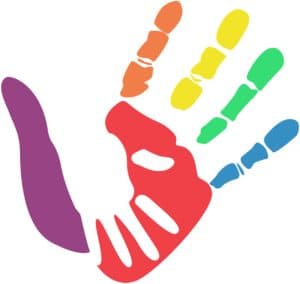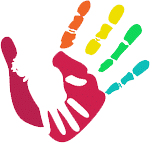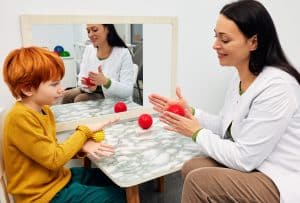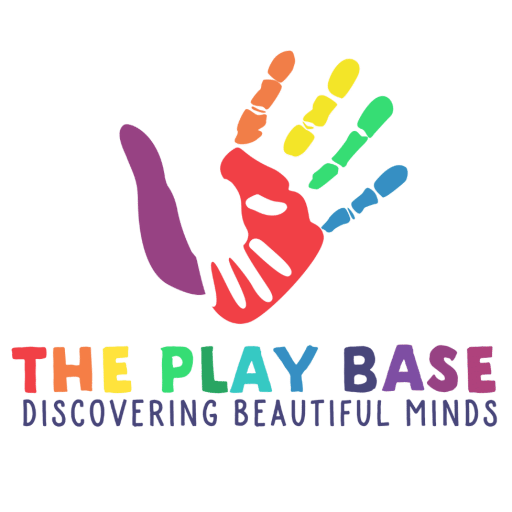Autism, or Autism Spectrum Disorder (ASD), is a neurodevelopmental condition. Difficulties in social dealings, communication, and repetitive behaviors characterize it. It is a continuum because it exhibits differently in each individual, ranging from minor to severe.
Individuals with autism may try harder to understand and express their emotions, have difficulty maintaining eye contact, and adjust to changes in routines. Sensory sensitivities are also common, impacting how individuals distinguish and respond to stimuli. While the precise reason remains uncertain, a combination of genetic and environmental elements likely contributes. Early detection and intervention can improve outcomes, cultivating the development of essential skills. Adhering to neurodiversity and promoting inclusivity is fundamental for generating an encouraging environment that honors and accommodates the distinctive strengths and hurdles of individuals with autism.
Autism Representation in the Media Top of Form
In recent years, autism has earned heightened attention in the media. While this visibility has a significantly positive impact, the portrayals often underline damaging stereotypes about the autism community. Let’s discover and confront some prevailing themes in autism representation.
Diverse Faces of Autism:
Media often describes autistic characters as white men, perpetuating a wrong image. Autism knows no bounds – individuals of any race, mores, ethnicity, gender, individuality, or sexual orientation can be autistic. This falsification demotivates variety within the autism community and reinforces destructive stereotypes.
Inspirational Exploitation:
Many portrayals outline autistic characters as inspiring tools for non-autistic characters. This “inspiration porn” curtails the achievements of autistic individuals, indicating that success is incredible despite their disability. This description serves the inclinations of non-disabled audiences rather than precisely exhibiting autistic experiences.
Exceptional Abilities Stereotype:
Shows that often display supernatural abilities to autistic characters, while apparently positive, this supports the thought that autistic people’s worth hinges on their usefulness to society. This stereotype promotes a restricted social contract where approval depends on supposed benefits to non-autistic individuals.
Exaggeration of Traits:
Media tends to overstate autistic traits and qualities in a severe and hackneyed manner. This usually results in depicting autistic characters as strange annoyances, fortifying misconceptions about how individuals on the gamut interrelate with the world. This not only falsifies authenticity but also disapprovingly affects autistic individuals’ self-esteem.
The Struggle Narrative:
Approximately every autism-related narrative revolves around the challenges of being autistic. This particular focus on hard times reinforces the insight that autism is a calamity to be fixed, decreasing autistic individuals to a matter of pity rather than individuals deserving of respect. A more impartial depiction should highlight the full range of autistic experiences.
Autistic Voices in Media: Non-Autistic
Creators frequently dictate the storyline about autism, restricting the validity of these narratives. Autistic individuals are worthy of ownership of their stories, ensuring precise depiction and challenging the privilege non-autistic creators feel in showcasing autism. The call for non-autistic involvement often results in unpleasant, nasty showings that fail to detain the nuance and compassion required.
Causes of Autism
The accurate reasons for autism spectrum disorder (ASD) are not entirely understood, but an amalgamation of genetic and environmental elements is believed to contribute. Genetic predisposition, prenatal complications, and some inevitable neurological glitches may boost the risk. While there is continuing research, no particular cause has been detected, and the intricate interaction of genetic and environmental factors likely plays a role in the development of autism.
To accomplish a better and more genuine demonstration of autistic individuals, we must streamline content generated by and for autistic people. Constructive and affirming stories that replicate the different experiences of autism can encourage inclusion and understanding in society. Stay positive to foster positivity in society.









